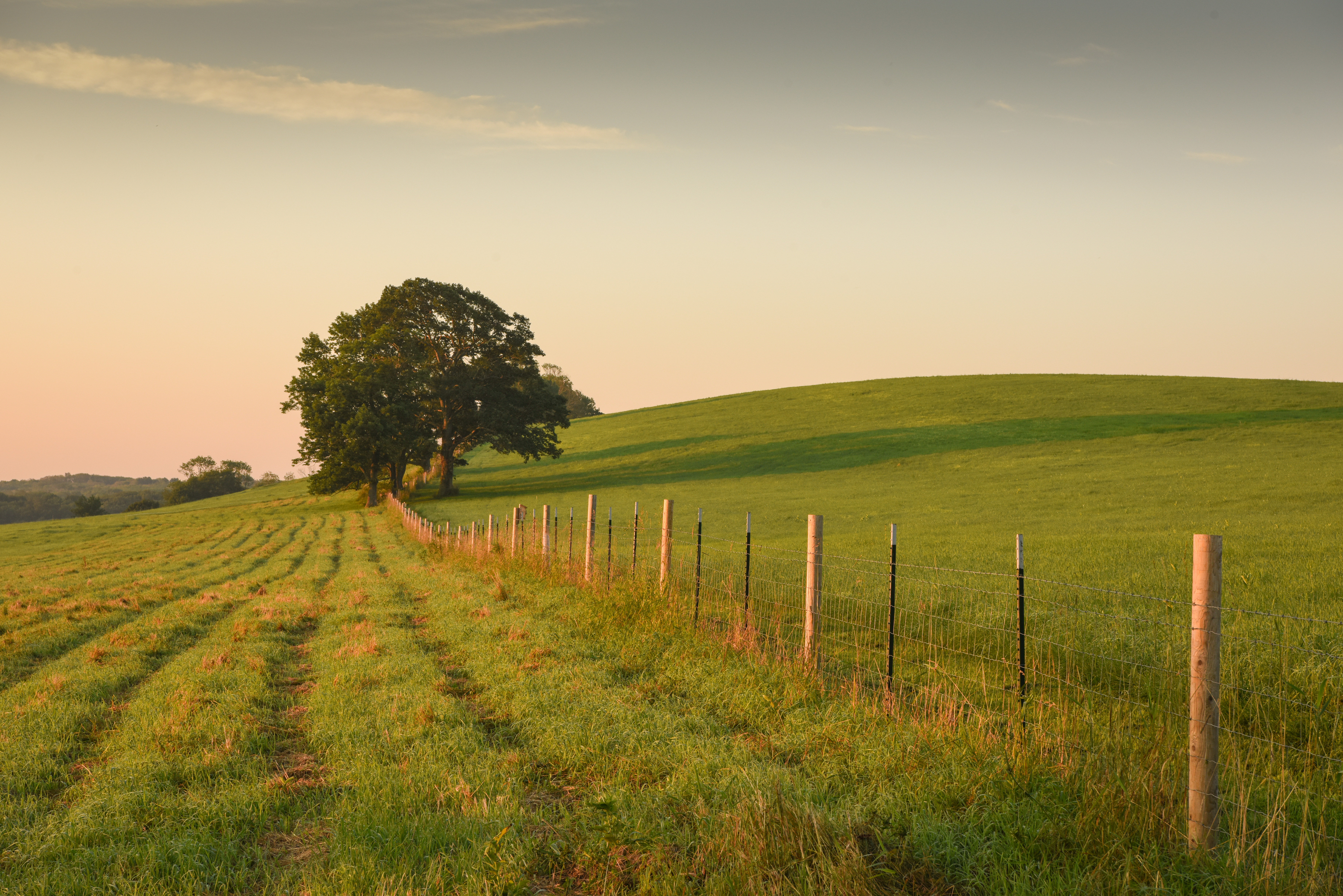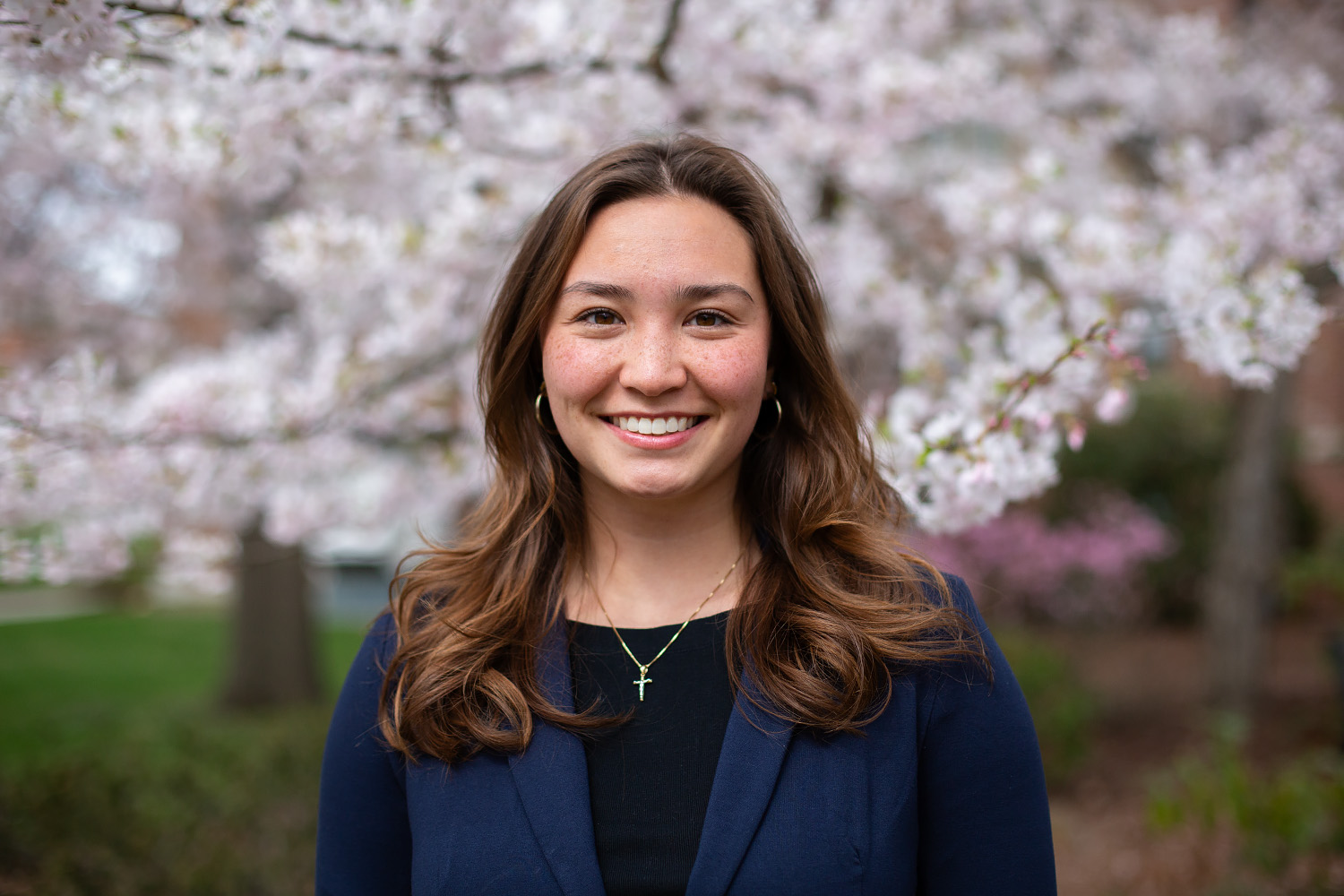
Jason Katims on ‘Dear Edward’ Finale, ‘As We See It’ Cancellation and What’s Next
Logo text[This story contains spoilers to the season finale of Dear Edward, “Shelter.”]
Apple’s adaptation of Dear Edward has wrapped its first season with an upbeat finale that jumped 10 weeks forward and set up a potential second season of the plane crash drama from Friday Night Lights and Parenthood showrunner Jason Katims. While Apple has yet to weigh in on the future of the series, Katims hopes to plot a course forward for his series based on the novel of the same name by Ann Napolitano.
Below, Katims opens up about the Dear Edward finale and why Friday Night Lights alum Connie Britton will likely not be part of a potential sophomore season of the series, what happened with his deeply personal Amazon series As We See It and what’s next.
Related Stories
What’s the latest you’re hearing about if there will be a second season of Dear Edward?
I’m still waiting to hear. Apple has been really great and supportive. Creatively, they’re big fans of the show and now they need to go through their process to see how the show does. We’re hoping to hear soon. And we’re hoping for good news.
The season ends with some finality for Connie Britton’s Dee Dee as she and her daughter, Zoe, move to L.A. I heard Connie had a one-year deal for the show. Should there be a second season, will she be back in any capacity?
I don’t know yet. It’s been such a joy to work with Connie on the show and she’s really enjoyed it. Should we get a second season, I would love to continue telling that story for Dee Dee but it would depend on her schedule and interests. It’s too early to know for sure one way or the other. But it’s definitely a character that I love. And it was great to work with Connie again. But in a perfect world, yes, I’d love to keep her character going.
The finale also plants the seeds for what a second season could be in that Edward discovers he has another uncle as the letters he finds also open the door to introduce others impacted by the crash. What’s the pitch?
We are certainly setting up what a second season could be with Edward getting this intriguing letter. That was intentional in that we wanted to show that there are many more stories to tell here. One of the things I love about this show is the large ensemble and all these people who are connected over this tragic accident in ways they never would have been before. Season one was about this grief group and people coming together and making a huge impact on each other’s lives. The idea of Edward finding these letters and reaching out to people who reached out to him is something I’d love to explore in season two, especially with this character we set up with this uncle he never knew he had.
So, Kyle Chandler as Edward’s other uncle?
I like the way you think! But it’s too early. (Laughing.)
Should Dead Edward end with this finale, what do you hope viewers take away from the show as a whole?
It’s hard to keep a show on for multiple seasons in our current TV landscape. While I fully hope to continue to tell this story — and we have a lot of stories left to tell — if we don’t, I’m proud of the work. I keep getting such passionate responses from people watching the show. It feels similar to what happened with Friday Night Lights and Parenthood where, as we get to know the characters after four or six episodes, viewers get connected and invested in them. I’m proud of that and hope that people take away that it’s a show that’s moving to tell the story of these people who have gone through this unfathomable thing together. It’s a story of resilience and moving on and finding the power of the human spirit; of people to be able to learn and move on from this and not let it stop them in their tracks.
This show feels much more in line with your earlier work on FNL and Parenthood. What drew you to this to begin with?
I love writing for large ensembles. It’s something that I always think about and look to when doing a show. I read the novel and it was such a beautiful story. What I saw was this idea of this group of people — those who meet in grief group, who had never met before — who become so entrenched and weirdly save each other. They all have things that they need to turn the mirror on themselves and look at. That’s what made me excited about it. It felt like it could have the same chemical makeup of FNL or Parenthood but still be different than those shows.
I want to go back to As We See It at Amazon. The show was canceled after one season though a writers’ room had been at work for months on a second season. How did Amazon explain the decision to cancel the show to you?
I would ask them to explain it. It’s about viewership. Creatively, my Amazon execs were fully invested in the show. My understanding is internally, at Amazon, it was a show that was well liked. I think it comes down to numbers; they needed more people watching than those who watched. They don’t pulge specifics about that to anybody. I don’t know the details unfortunately. I know that the decision was made not based on anything creatively. They just needed more eyeballs.
Do you think shows that are made for underrepresented audiences are held to an unfair standard? Was As We See It, for example, held to the same internal measurement systems as something broad like Jack Ryan?
There’s an understanding that shows that are character driven are not likely to get that mass viewership that a Jack Ryan would get. There is some understanding that the expectations are not going to be the same. Whether they should make those expectations even more fair … I wish they were because then we’d still be doing As We See It. But it’s hard to know what the economics are for them. I wish it were different. As We See It was a show that was very personal to me, and I really thought it was going to get renewed. I was shocked that it wasn’t because critics and those who watched had a positive response. There just weren’t enough people watching as far as what Amazon’s expectations were. Maybe this is a conversation that will evolve over time.
In August, when you signed your deal with Imagine, there were three projects that were in the works as part of that pact. What can you share about them now?
My deal is for three projects; there aren’t three in the works. I’m developing a show with them. I’m waiting to find out whether we’re moving forward with it. I don’t know what’s going on with it because now we’re in a situation where there’s a possibility of a writers strike coming and it’s making things more complicated in terms of knowing when we’re going to move forward. I’m working on one show with Imagine that’s active and I’m also talking about a couple of other things with them as well.
As the streaming wars soldier on, reboots and continuation movies continue to be in high demand — Peacock, for example, just ordered a Monk movie. Given the interest in both Friday Night Lights and Parenthood, have there been any conversations about updates for either?
I’ve thought about it. But nothing has really happened formally. I’ve thought about it every time I see any actor from either Friday Night Lights or Parenthood, but especially Parenthood. We always talk about the possibility of it. The success of our actors is great but it also creates a challenge in that everyone is busy. We talked earlier about FNL and Parenthood being large ensemble casts and that makes it complicated to get 10-16 actors to all find a time to schedule. But I would love to do it with Parenthood. I think it’s interesting now because enough time has passed where we could see a different stage that [the Bravermans] are at in their lives. It’s something we’ve talked about here and there but there hasn’t been any plan to do it. Until we have an idea of what it would be and when we would do it, it’s not at that stage yet.
Would you ever want to do broadcast TV again?
Absolutely. I love doing broadcast TV. In the world we’re in with so many shows, you want to do everything that has your best chance of breaking through. What’s the right platform for a particular idea? There are some shows that as you develop them feel more appropriate for Netflix or Amazon or Apple, etc., and some feel like it could make sense for broadcast. You want to find the right home for something. I’m open to working at broadcast again. I love broadcast and it’s just a question of what’s the right idea.
What’s next for you?
I’d love to do season two of Dear Edward. I’m also working on a project with Imagine. What’s up next is whomever says let’s go make this first to me! I’m not totally in control of it. Hoping one or the other — or both — starts soon.
The WGA started negotiations this week with the AMPTP. What do you want out of this negotiation?
I’m hoping that it gets settled without a strike. To me, this is not about any showrunner. It’s about writers who are coming up now and 10-20 years from now. There’s been a lot of ways that TV has been evolving and changing and the reality is that it has affected TV writers. It’s important to re-evaluate and make sure writers are protected as the business changes.
This interview has been edited for length and clarity.
Dear Edward season one is now streaming on Apple.











































































